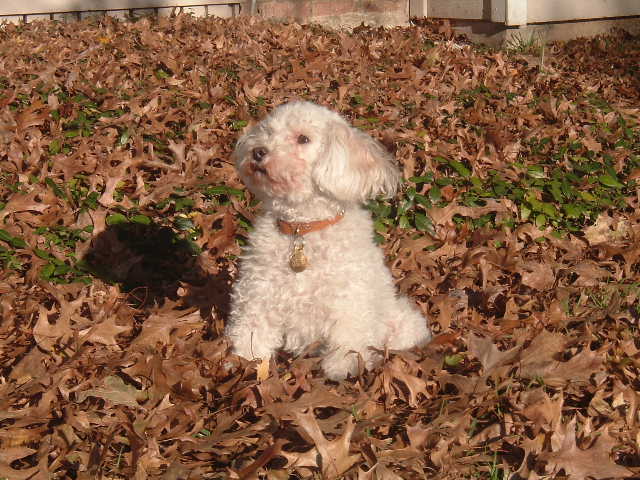
The Misfits by James Howe
Howe, James. 2001. The Misfits. New York, NY: Atheneum Books for Young Readers. ISBN: 0-689-83955-3.
The Forum meets every Friday afternoon at the local Candy Kitchen for ice-cream and serious discussions. The back booth with the torn leatherette upholstery is the only place where "The Gang of Five" (even though there are only four) can talk and act freely without ridicule. It is a safe haven for an eclectic bunch: quiet, overweight Bobby, jokester Skeezie Tookis, shy, gay, Joe, and unabashed Addie. When Addie decides the group should campaign for student council office, in hopes that principles will upset popularity, she doesn't find many takers. After much debate and maneuvering, the candidates and platform for the No-Name Party are finally chosen. While several more serious themes (death of a parent, alcoholism, sexuality, racism, adulthood) provide breadth and depth to the story, the day to day accounts of the four friends' enterprises remain interesting and amusing. Before the last pages, each of the characters experiences an important first in some way and emerges from the story a little more confident and a lot more empowered. The last chapter wraps up nicely by giving a small glimpse of the successful careers in store for the four friends - a message of hope to anyone that has ever felt like a misfit just trying to get by.
"What do a 12-year-old student who moonlights as a tie salesman, a tall, outspoken girl, a gay middle schooler and a kid branded as a hooligan have in common? Best friends for years, they've all been the target of cruel name-calling and now that they're in seventh grade, they're not about to take it any more. In this hilarious and poignant novel, Howe (Bunnicula; the Watcher) focuses on the quietest of the bunch, overweight Bobby Goodspeed (the tie salesman), showing how he evolves from nerd to hero when he starts speaking his mind. Addie (the outspoken girl) decides that the four of them should run against more popular peers in the upcoming student council election. But her classmates, but her lofty ideals and rabble-rousing speeches make the wrong kind kind of waves, offending fellow classmates, teachers and the principal. It is not until softer-spoken Bobby says what's in his heart about nicknames and taunts that people begin to listen and take notice, granting their respect for the boy they used to call "Lardo" and "Fluff." The four "misfits" are slightly larger than life-wiser than their years, worldlier that the smalltown setting would suggest, and remarkably well-adjusted- but there remains much authenticity in the story's message about preadolescent stereotyping and the devastating effects of degrading labels. An upbeat, reassuring novel that encourages preteens and teens to celebrate their individuality."
Publishers Weekly; October 29, 2001, Vol. 248 Issue 44.
"Twelve-year-old Bobby isn't what you'd call popular, having endured insults for years on account of his weight, but he's close to his three friends--bossy, idealistic Addie, campy Joe, and tough Skeezie--with whom he meets periodically "to discuss important issues and to eat ice cream." Addie's important issue of late is the school system's restrictions of her rights, especially with the upcoming student election; she therefore decides to challenge those restrictions by putting together a third-party ticket, with Bobby as treasurer. The effort only really takes off, however, when the group finds their identity and their platform; they're the No-Name party, and they're campaigning against the hurtful names they and other kids have endured over the years. How touches on some interesting issues here, especially in his underlying emphasis on understanding other people ("This business of really knowing people, deep down, including your own self, it is not something you can learn in school or from a book"), which expresses itself particularly in the subplots about Bobby's relationship with his father and with his boss at work. Unfortunately, Bobby's narration is sometimes slow going, and there's a lot of contrivance to the book, from the crudely functional characterizations to the popularity of the No-Name Party's campaign to the extraordinarily convenient way the kids' relationships work out (the girl Bobby likes reciprocates, the boy Joe likes comes out and reciprocates, and even the prickly Addie is happy with the boy who likes her). Still, this is a topic that's near to many kids' hearts, and they may be bolstered by the possibility of resolution."
Bulletin for the Center for Children's Books; January 2002, v. 55 no. 5.


No comments:
Post a Comment